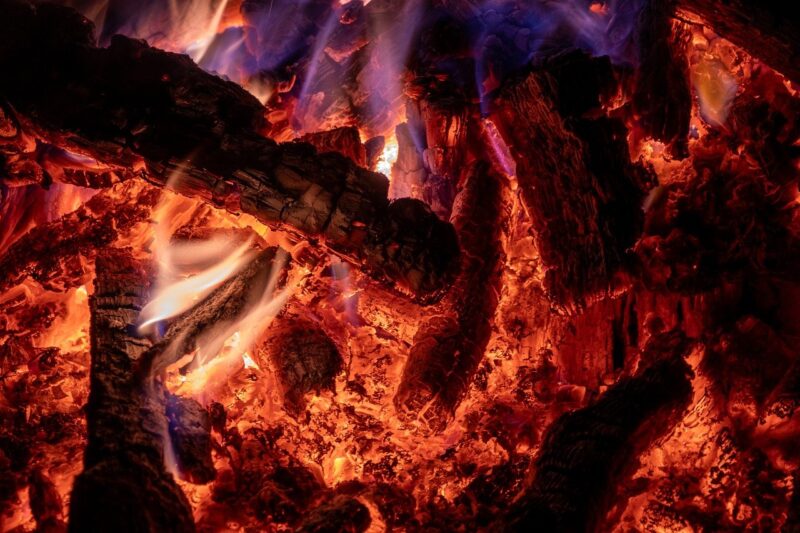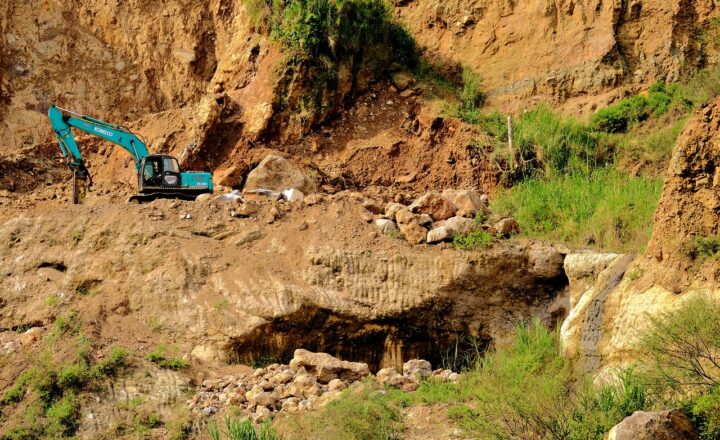How the Discovery of Fire Changed the Course of Human Evolution and Gave Rise to Early Societies
November 17, 2024

The mastery of fire is considered one of the most significant milestones in human evolution. Its discovery provided our ancestors with a plethora of survival advantages. Fire not only helped in cooking food but also offered warmth, protection from predators, and even a means of social interaction. This article comprehensively explores how the discovery of fire changed the course of human evolution, transformed early societies, and laid the foundation for modern civilization.
1. The Origins of Fire Use
The earliest evidence of human control over fire dates back nearly 1 million years, attributed to Homo erectus. This species utilized fire not only to cook but also to ward off dangerous animals and stay warm in various climates.
Some key points regarding the origins of fire use include:
- Cooking Food: Cooking food made it more digestible, enhancing nutrient absorption and reducing the risk of foodborne illnesses. This allowed early humans to enjoy a more varied diet, leading to better health and development.
- Protection: Fire served as protection against predators, enabling humans to inhabit more diverse environments. The ability to cook food also attracted animals, which could then be easily hunted.
- Social Interactions: Gathering around a fire created an intimate space for communication, storytelling, and bonding, further solidifying social ties within groups. This aspect is crucial for cooperation and the growth of early societies.
The ability to control fire played an essential role in shaping the anatomy of early humans, including the development of smaller teeth and larger brains. Cooking allowed for a higher caloric intake, leading to better overall health.
2. The Role of Fire in Evolutionary Advances
The transition to a fire-utilizing species marked a significant evolutionary leap. Fire facilitated physiological and anatomical changes that would eventually define modern human beings. Below are some critical points:
- Brain Development: The increased caloric intake from cooked food contributed to larger brain sizes in early hominins. This alteration performed a pivotal role in the development of sophisticated reasoning and problem-solving abilities.
- Social Structures: As fire became a focal point for gatherings, social hierarchies and complexities emerged. Cooperation around fire likely necessitated early forms of leadership and organization, crucial for societal advancements.
- Language Development: The social interactions made possible by fire may have directly contributed to the development of language. The need for communication when cooking, hunting, or defending against predators fostered linguistic evolution.
These evolutionary advantages gradually set the foundation for becoming more adaptive and successful beings, allowing our species to thrive and spread across the globe.
3. Fire and Its Impact on Early Societies
The development of fire technology catalyzed significant cultural and societal changes. As humans began to master fire, they could establish permanent settlements, marking the transition from nomadic lifestyles to agriculture-based societies. Consider the following influences:
- Agriculture: Controlled burning techniques were essential in agriculture. Fire improved soil fertility, helped in clearing land, and controlled pests. The stable food supply led to population growth and the establishment of villages and towns.
- Craftsmanship: Fire allowed for metalworking and pottery. With heat manipulation, humans could create tools and vessels that significantly improved living standards and efficiency in daily tasks.
- Cultural Practices: Fire played an essential role in rituals and ceremonies. It symbolizes life, renewal, and purification, while also being central to various cultural traditions and mythologies across different societies.
As higher social complexities developed, the significance of fire only grew, shifting from a mere survival tool to a focal point of cultural identity.
4. Fire in Modern Contexts
While the basic understanding and use of fire have profoundly influenced human evolution and society, its role in our modern world is equally noteworthy. Today, fire is still crucial for:
- Energy Production: Fire remains a primary source of energy in various forms—electricity generation, heating, and industrial processes. The reliance on fossil fuels, however, raises environmental concerns.
- Cultural Significance: Fire continues to symbolize warmth, community, and comfort in numerous cultural settings, from campfires to celebratory bonfires, reaffirming its power in human society.
- Environmental Management: Fire is also utilized in modern land management practices, such as controlled burns that prevent larger wildfires and maintain ecosystem health. Understanding fire behavior is critical to sustainability efforts.
Today’s challenges involve finding a balance between harnessing fire’s benefits while minimizing the ecological footprint of its use. Techniques scalable for sustainable practices are essential in this ongoing process.
Conclusion
The discovery and mastery of fire undoubtedly changed the trajectory of human evolution and society. Its multifaceted benefits—from survival enhancement to social evolution—have laid the groundwork for the complex civilizations that exist today. As we navigate modern challenges, it remains crucial to respect and understand our historical relationship with fire in striving for a sustainable future. Through this lens, we can appreciate not only our past but also the potential fire holds in shaping our future.
Fire was not merely a tool; it was a catalyst for human development, enabling us to survive, communicate, cooperate, and innovate. The pivotal role of fire in our history illuminates the remarkable journey of humanity and its indelible marks on the world today.








